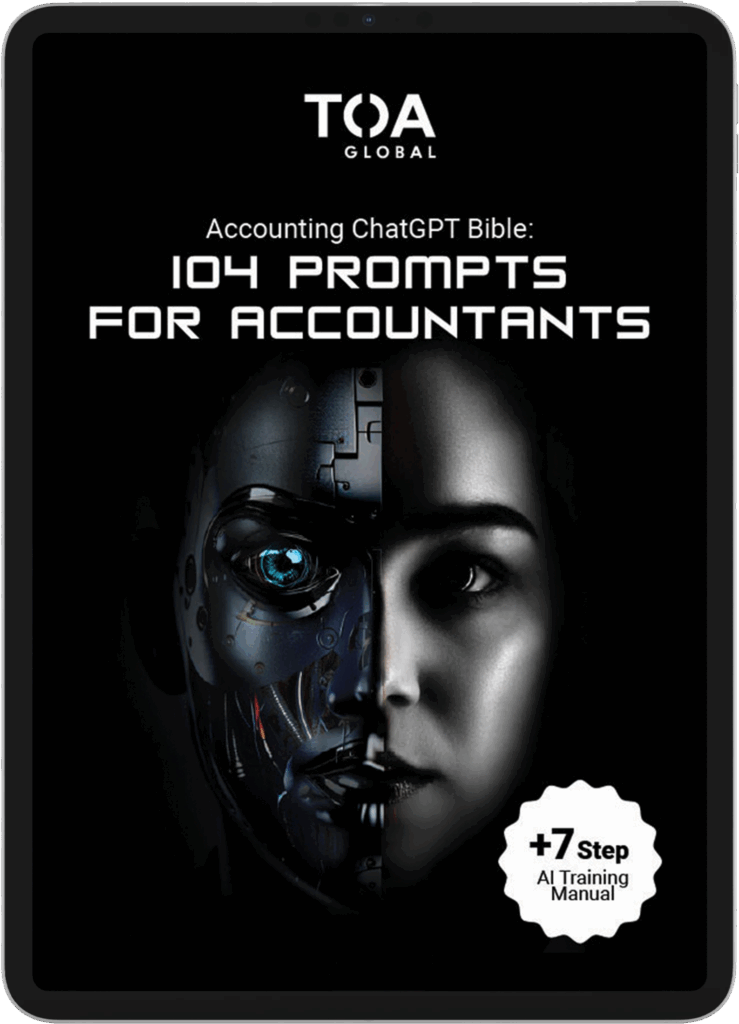Discover why first impressions are so important and how you can wow your colleagues at your new accounting job.
Congratulations! You just landed a new job at an accounting firm. You’re probably excited and nervous, which is totally normal. We’ve all been there! It’s both an exciting and somewhat stressful time; and you’re probably thinking about how you can make the best first impression at work. Don’t worry – this article is here to help.
Why are first impressions at a new accounting job important?
First impressions are significant because they happen fast and they’re stubborn, Whitney Johnson, author of Disrupt Yourself: Putting the Power of Disruptive Innovation to Work, told Harvard Business Review.
“We make judgments (about other people) in a nanosecond,” and once that impression is formed, it’s “very, very hard to change it.”
Simply put, your relationships and interactions with other people will be easier if you’re able to start off strong. Here are a few tips on how to do just that:
Arrive early (but not too early)
First, we recommend you arrive at your workplace 10-15 minutes before your day starts. Take care not to show up too early, way before your boss arrives. According to Liz Wessel, co-founder and CEO of WayUp, “You don’t want to show up to find that no one is there yet …Your manager will feel badly if you get there before they do.”
The 10-15-minute timeframe will give you enough time to settle in before the day starts. On your first day, you might have some paperwork to fill out, or maybe there’s an office tour to take. Arriving several minutes early also sets the tone for how your boss and colleagues perceive you going forward. Just don’t show up late on your first day, please!

Be friendly to everybody you meet
Be friendly and take the time to get yourself acquainted with your colleagues and managers. Remember: these are the people you’ll be working with.
You can start to get to know them by asking them questions, such as how long they’ve worked for the firm and what their typical day looks like. And feel free to ask questions that don’t involve work, such as, “What do you like to do on the weekend?”
And if a colleague invites you for lunch, say yes! Enjoy it, and be yourself.
A good way to ingratiate yourself into the office culture is to make friends at work. By making friends in the office, you can improve your overall work experience. One great way to make friends is to accept lunch or coffee invitations. Maybe you can even return the favor and buy a few coffees and lunches yourself!
Interacting with your colleagues outside the workplace provides you with opportunities to connect with them in more informal settings. You can also make friends in the office by assisting colleagues with their work and by generally making yourself useful.
Ask questions about your own work
When you start a new job in accounting, it’s always important to ask questions. You probably think you’re annoying your coworkers, but the truth is they’re probably happy to help. They were once in your position, too.
Asking questions and seeking guidance on fulfilling your job objectives will help you become more productive and efficient more quickly. For example, a task that may take you 30 minutes to complete could be done in 10 if a colleague guides you in the right direction. Treat yourself like a sponge and soak in as much information as possible. Take the time to learn about your firm’s culture and structure, and ask colleagues how each department operates and who does what.

Don’t be afraid to make mistakes
“The only man who never makes a mistake is the man who never does anything.”
– Theodore Roosevelt, former U.S. president
Everybody makes mistakes. Even your boss. So, if you do make a mistake, don’t sweat it. You’re probably going to make more mistakes, but so will everybody. In fact, making mistakes can be a good thing. Mistakes provide the wisdom and experience necessary to grow and learn. Mistakes also help us become more resilient. At the same time, try not to make the same mistakes twice. When you make the same mistake twice, it can be an indication that you’re not learning. And when you do make a mistake, own up to it – your colleagues are more likely to respect and help you if you admit to a mistake instead of trying to hide it.
Look into developing your soft skills
A great way to make yourself a more valuable employee is to continue developing your skills while you’re employed. This is particularly important for accountants, who in the past decade have seen their roles expand beyond their traditional capabilities towards higher-level work that includes data analytics.
During your first week in your new accounting job, consider seeing if educational opportunities are available to you. For you to succeed and develop as an accountant, developing your soft skills is just as significant as sharpening your technical and compliance skills. Soft skills are what will enable you to interact more effectively with clients and colleagues. What’s also great about soft skills is that they’re adaptable and transferrable – you can keep and use them throughout your professional life.

Conclusion
We hope after reading this article you’ll begin to feel more prepared for your new job.
Arrive at work in good time, be friendly with the people you meet, don’t be afraid to ask questions or make mistakes, and perhaps think about how you can add value to the firm, such as by enhancing your current skill set.
Remember: You’ve got this!
Know someone who’s looking for a great job in accounting? Please ask them to visit TOA Careers, where they can search for and apply for roles right away.

















